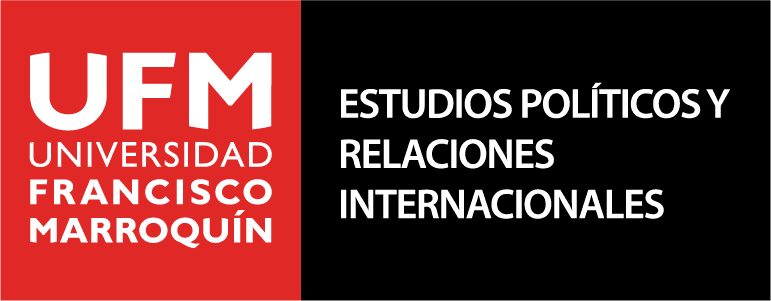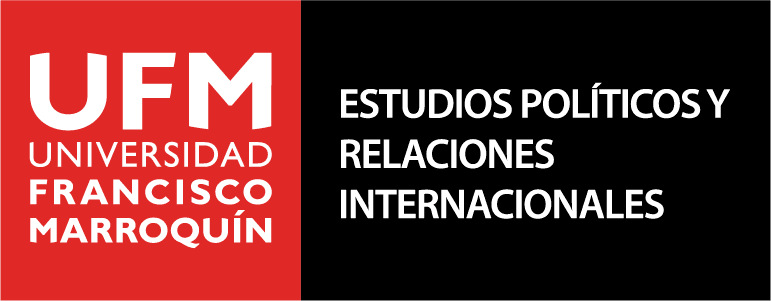Geopolítica Contemporánea
Curso de 2.º año
No puede haber una comprensión del sistema internacional sin la geopolítica. Esta es la disciplina que estudia la relación entre: la historia, la geografía y el poder. El curso se concentra en la política exterior de los Estados con más peso en el tablero internacional. La idea es hacer un viaje inolvidable por las distintas regiones del mundo, entendiendo qué está pasando en cada zona y por qué el territorio y el poder siguen siendo claves para entender la realidad internacional.

